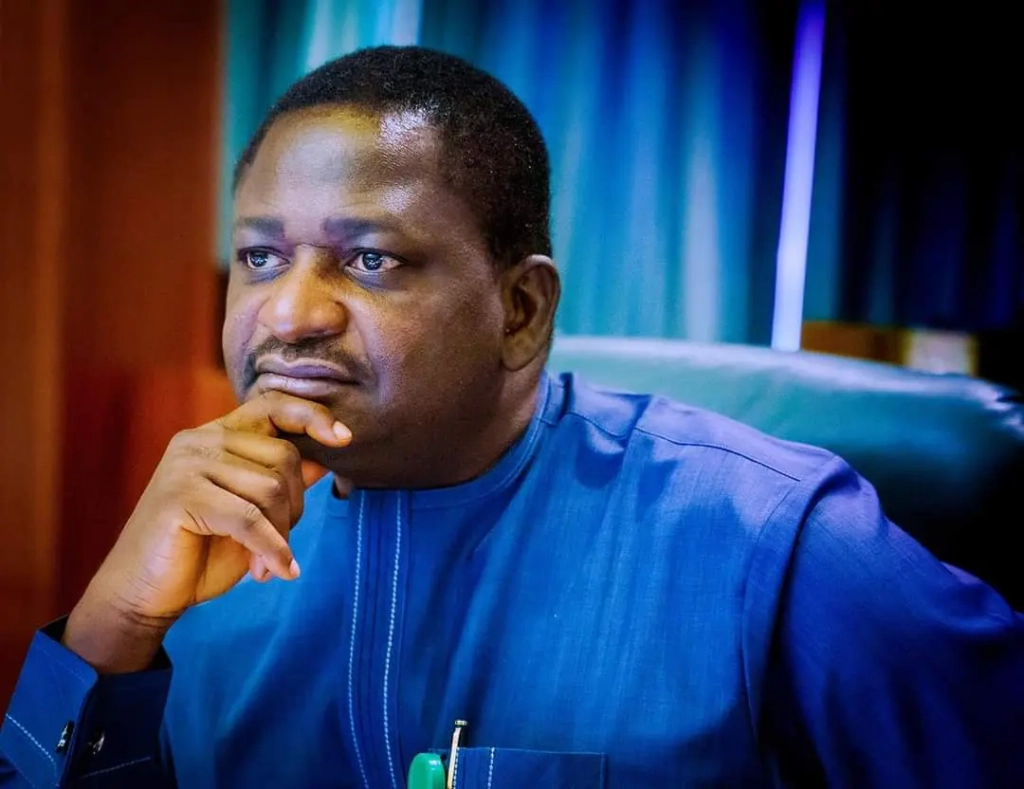Femi Adesina, former Special Adviser on Media and Publicity to Nigeria’s ex-President Muhammadu Buhari, has publicly reinforced claims of the former leader’s financial integrity, asserting he remained untainted by corruption during his tenure. The remarks, detailed in a tribute article, come amid longstanding public scrutiny of governance accountability in Africa’s most populous nation.
Adesina emphasized that Buhari, who led Nigeria from 2015 to 2023, never solicited funds from the state-owned Nigerian National Petroleum Company Limited (NNPCL), a corporation historically criticized for financial mismanagement. This assertion, he noted, was corroborated by Mele Kyari, the NNPCL’s immediate past Group Managing Director. Kyari reportedly described the company as a “gravy train for many former leaders” but clarified Buhari maintained a strict policy of non-interference.
The tribute also unveiled personal anecdotes about Buhari’s frugality. Adesina revealed that the ex-president declined an SUV offered by a contractor and relied on friends to cover his children’s educational expenses. While Buhari’s modest lifestyle has been previously documented, these specifics aim to counter narratives questioning his ethical rigor.
Adesina further cited Buhari’s directives to former Works Minister Babatunde Fashola to prioritize critical infrastructure projects, including the Lagos-Ibadan and Second Niger Bridge highways—initiatives now seen as hallmarks of his administration. The article also referenced private conversations Buhari held with figures like clergyman Chris Okotie and late politician Tunji Braithwaite, though details of these exchanges were not disclosed.
Acknowledging Buhari’s imperfections, Adesina stated, “No man is perfect… His shortcomings, as little as they are, have been interred with his bones. The good he did lives after him.” The commentary avoids addressing broader criticisms of Buhari’s presidency, including security challenges and economic strains, focusing instead on personal character.
For international observers, the assertions underscore enduring debates about corruption in Nigerian leadership. The NNPCL, a linchpin of the country’s oil-dependent economy, has faced decades of allegations of graft, making Adesina’s claims particularly resonant. While the tribute reflects one perspective, it contributes to a complex legacy narrative as Nigeria navigates systemic reforms under its current administration.
